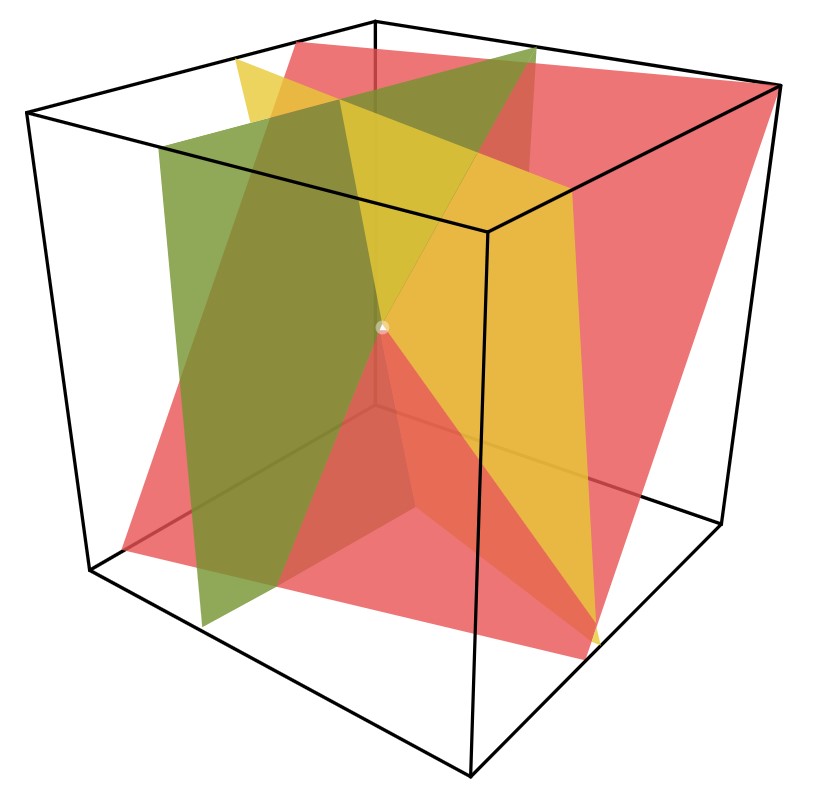SC601 - Modelling and Identification of Linear Systems

Instructor
Bijnan Bandhopadhyay, P V Nataraj
Semester
Autumn ‘20
Course Difficulty
The course content was very easy to follow. However, towards the end, it got very theoretical and would require a good amount of concentration to sink all the information in.
Time Commitment Required
1h per week outside of lectures
Grading Policy and Statistics
AA 6
AB 2
BB 7
BC 3
CC 1
FR 3
Attendance Policy
There was no attendance policy.
Pre-requisites
Since this a core course for Syscon, it does not have any hard prerequisites, but preliminary math courses like MA108 and MA106 will be extremely useful since they deal with linear algebra and the Laplace Domain based analysis.
Evaluation Scheme
Quizzes (best 2 out of 3): 20% each
Course assignment: 10%
Endsem: 50% (20% from the first module and 30% from the second module)
Topics Covered in the Course
Module I
Linear systems:
State-space representation of linear time-invariant systems
Response of a generalised state-space linear time-invariant systems
Discrete time systems
Controllability and Observability of systems
Lagrangian modelling and examples
System identification (Levy’s complex curve fitting)
Module II
Machine learning for predictive maintenance
Teaching Style
The teaching styles were standard for both modules (slides)
Tutorials/Assignments/Projects
The tutorials were ungraded and contained simple problems related to the concepts.
The assignment involved using curve fitting to model a system and required basic knowledge of MATLAB.
Feedback on Exams
Quizzes
The quizzes had 4-5 MCQs that were numerically oriented and had 1-2 subjective questions. The difficulty level was moderate and time given was also sufficient. It was open notes.
Endsem
The endsem was very easy. The first module had simple one line answers that were to be typed on Moodle itself. The questions were directly from the slides and it was an open book exam so probably the easiest way to score marks.
The second module was relatively difficult since it was purely theoretical (like high school exams) and asked for definitions and explanations that were directly there in the slides (but it was closed notes).
Motivation for taking this course
Having an interest for control theory, I wanted to explore the field of system modelling and identification so I took it up. It was also under the courses that could be tagged as a DE so it was all the more convenient.
Course Highlights
The course covers several topics of linear systems theory and the second half gives a good preliminary introduction to machine learning theory and its applications in predictive maintenance.
Course Importance
The course is useful for people who are interested in application and experiment based research and system identification theory and modelling is very important.
How strongly would I recommend this course?
I would recommend people to take the course on the grounds of lenient grading as well as the applications mentioned above.
When to take this course?
I took the course in my fifth semester and the first few lectures overlapped with SC301. However, it would be recommended to take the course after the second year.
Going Forward
Experiment based research in fields like robotics, astrophysics and the like could be a step forward. In terms of other courses, a lot of Syscon courses would have linear systems theory as a prerequisite so this could be that course.
References Used
Slides are sufficient.
Other Remarks
None
Interesting relevant links
None
SC 601 Review By: Bhavini Jeloka